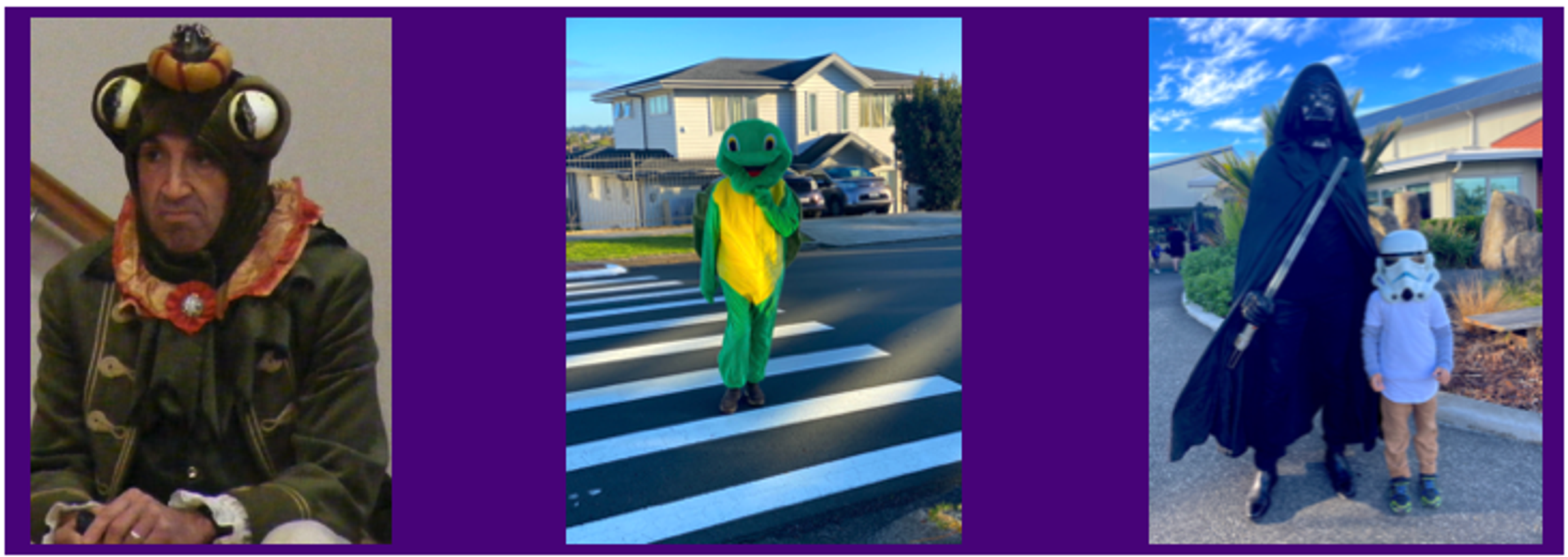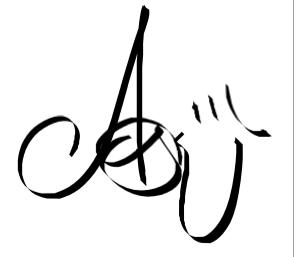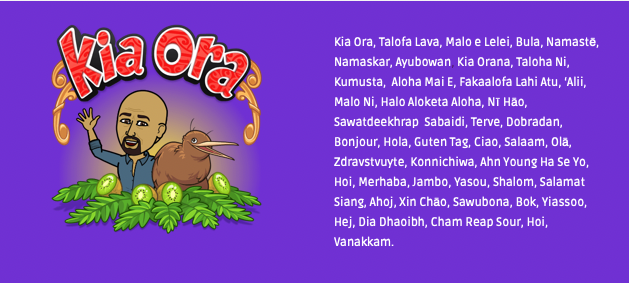Principal's Page

Kia Ora Koutou
Last week I shared with you our philosophy about letting children develop and grow at the pace that works best for them.
We receive children at many different starting points. Our goal is always to take them from where they are at a pace that is right for them. We expect the best of and for each child in our care. We encourage and support them to learn in a loving, nurturing and challenging environment. We do all we can to limit stress and undue pressure while encouraging each child to be their best self and achieve their own personal best.
Reflecting on the Age-Based Classroom.
We are all born alike, nearly blank slates upon which every human skill is carved. Language, culture, reading, number sense, behaviour. What every four-year-old needs when they come to school is a universal and simple foundation: the meanings of basic words, the sounds letters represent, primary numbers, and how to behave around others.
Every human has a different schedule for those skills - consider the variations in when children learn to walk and talk, for example. At two years old, there’s a pretty small cluster of abilities all grouped together. By five, it’s much larger but relatively manageable. Social development may be even more varied; some five-year-olds barely seem to know other people exist, while others the same age are organising their own play dates.
By age ten, what seemed a simple skill development process is anything but. Yet, society often insists children follow a similar schedule and content, even though we are on different schedules from the moment we are born.
As children get older, schools actually become even more linear. For several years New Zealand schools were forced to comply with National Standards. This codified academic development exceptionally narrowly. Failure to meet often unrealistic standards at specific and arbitrary points in time saw children branded as failures - from as early as their sixth birthday.
It effectively suffocated creativity and narrowed the curriculum to reading, writing and maths, as schools were judged on their effectiveness in these three areas alone.
We cannot overstate the pressure this put on teachers and schools. This was a significant factor in an ongoing teacher shortage and exodus.
Post Covid student achievement data paints a negative picture worldwide. This drop-off is a concern but not a catastrophe. Covid-19 taught us the importance of family, the value of well-being, and the fragility of what we think of as 'normal.' A message that has come through strongly from our parent community as their children return to school is that parents want their children to feel happy, safe and loved - and also to learn.
Most parents I speak to do not want their children stressed. They had enough fear and worry during the lockdown - not just about Covid but also the disruption to life, the missing of friendships, worries about parents' financial situations and much more.
Our child-centred approach, where we do our best to nurture each child as an individual, is valued by our community. As children returned to us post Covid, we took each one from where they were and worked with them to progress to their next step in learning. It is a natural process - supporting children as they learn at the pace that is right for them.
We expect the best of and for every child in our care. We also expect the very best of every one of our staff here - expecting of them what the best parent would expect of themselves.
Right now, we are reviewing our core beliefs - the kaupapa of our school. The revised New Zealand Curriculum focuses on Understand; Know; Do.
As a school, we are using this framework to reflect, review and renew all that we do here.
Understand:
Understand how we can apply Understand Know Do in our Strategic Review
Work on our new Strategic Plan for 2023 - 2025
- Understand the New Zealand Curriculum Refresh
- Undertake a SWOT analysis of our Learning Journey from 2014 to 2022
- Co-construct draft goals for 2023 - 2025
Know:
Know what we need to do and how we will measure and monitor our success
Shape our draft strategic plan to include actions that are clear, coherent, consistent, credible
- Identify actions
- Create success criteria
- Clarify roles
Do:
Putting our Plan into Action - deciding performance milestones, reflect, refocus, renew
- Review timeframe with milestone objectives
- Define measurable success criteria
- Programmed for success - intervention and targeted support implemented
The new Curriculum framework breaks our New Zealand Curriculum into stages - rather than individual years. So we have years 1 to 3; years 4 to 6; years 7 to 8; years 9 to 10; years 11 to 13.
Keeping in mind what we have said about... receiving children at many different starting points. Our goal is always to take them from where they are at a pace that is right for them... we have set an end-of-year-6-stage goal for our children as follows.
Children develop, learn and progress at different rates. We take a long-term approach to learning that focuses on each child reaching at least their year six expected level by the time of graduation from Western Heights school.
Just as we don't stress about the different times it takes different toddlers to stand, walk and talk, we don't stress that some children come to us not really ready for school. Instead, we surround them with love, nurture and encouragement; foster their curiosity and channel their energies so that by the time they graduate, they are ready, willing and able to cope with life and all it offers.
As always - if you have questions or concerns about anything school-related - email me at macash@mac.com, and I will get back to you asap.
Take care all -
tofa soifua
noho ora mai
Ash Maindonald
Principal.


